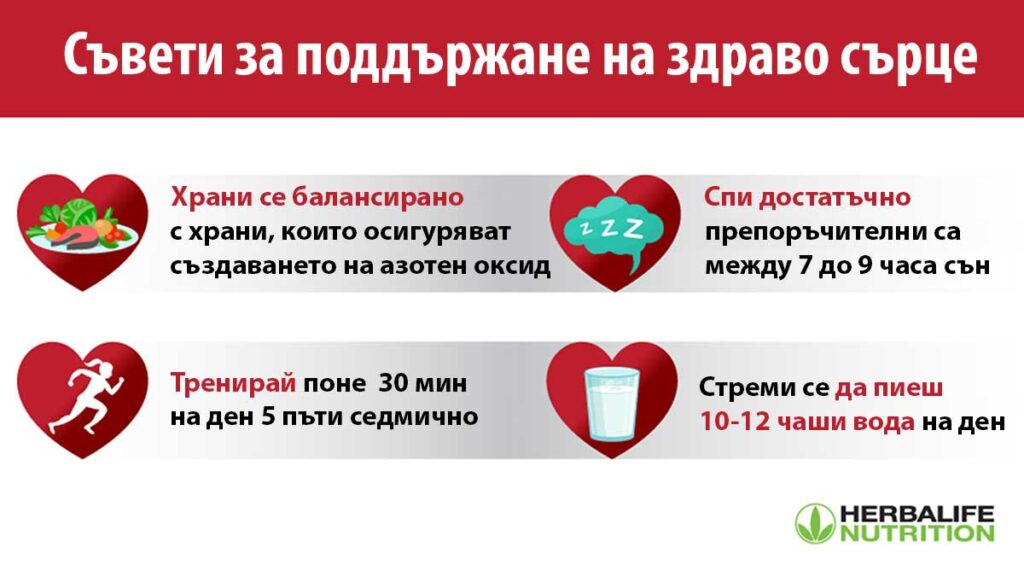Doctor Lou Ignaro,
Nobel* Laureate in Medicine,
member of Herbalife
‘s Nutrition Advisory Board

5 Ways to Improve Heart Health and Nitric Oxide
Not too many people know about nitric oxide and how it promotes cardiovascular health. Our body’s production of nitric oxide – known as NO – actually plays a crucial role: keeping our blood vessels flexible to increase blood flow.
What is nitric oxide?
It’s been called a “miracle molecule,” but few know what it is, what it does, or why it’s important. As someone who has devoted his career to studying this topic, let me cover the basics.
Nitric oxide is what is called a biological regulator. The cells in our arteries and veins produce biological regulators to help our 50 trillion cells communicate with each other.
These biological regulators protect the cardiovascular system from damage and aging. Their purpose is to maintain the health of our heart and blood vessels, and they do so mainly by maintaining arterial elasticity.
Why Nitric Oxide Matters for Heart Health
Arterial elasticity supports normal vasodilation (widening of blood vessels), which improves blood flow to all organs. Nitric oxide production supports healthy blood pressure levels that are already within normal limits and blood vessel elasticity.**
The amount of nitric oxide in the body begins to decrease with age. Therefore, it becomes necessary to increase its production with increasing age.
So how can you increase and maintain nitric oxide in your system?
5 ways to improve heart health by increasing and maintaining nitric oxide
Here are some guidelines and ideas for achieving and optimal nitric oxide levels:
- Eat high quality protein
Protein contains amino acids that promote the production of nitric oxide. Consider soy protein because soy contains all 9 essential amino acids and soy foods have little or no saturated fat.
- Consume vegetables high in nitrogen compounds
Celery, lettuce, beets, spinach and arugula have high levels of nitrogen. When they are consumed, the nitrogen is converted into nitric oxide.
- Take unsaturated omega 3 fatty acids
You can find them in fresh fish of many types. They support vascular health by reducing inflammation throughout the body. Inflammation can affect blood vessels and lead to heart disease and strokes.
- Use nitric oxide supplements
In the human body, NO levels are lowest at night. This is why nitric oxide supplements are best taken in the evening or at bedtime. These supplements do not contain nitric oxide itself, but they help form nitric oxide in the body.
Two of the most commonly used ingredients are amino acids such as L-arginine and L-citrulline.
L-arginine and L-citrulline support nitric oxide production and blood flow for healthy brain, heart and other organ function. They also help maintain blood vessel tone and flexibility for healthy vascular function. **
Vitamins C and E as well as alpha lipoic acid also help boost nitric oxide production.
- Exercise regularly
Nitric oxide production increases dramatically as you engage in physical exercise at any level, whether it’s walking, running, cycling, swimming or simply climbing stairs.
Conclusion: Nitric oxide is a vital molecule in the body and is essential for cardiovascular health. This is a component that everyone needs, regardless of age or gender. So, build a healthy and active lifestyle that provides enough nitric oxide to help support a long, happy, healthy life.
* The Nobel Foundation is not affiliated with Herbalife and does not review, endorse or approve Herbalife Nutrition products.
** These claims have not been evaluated by the Food and Drug Administration.



